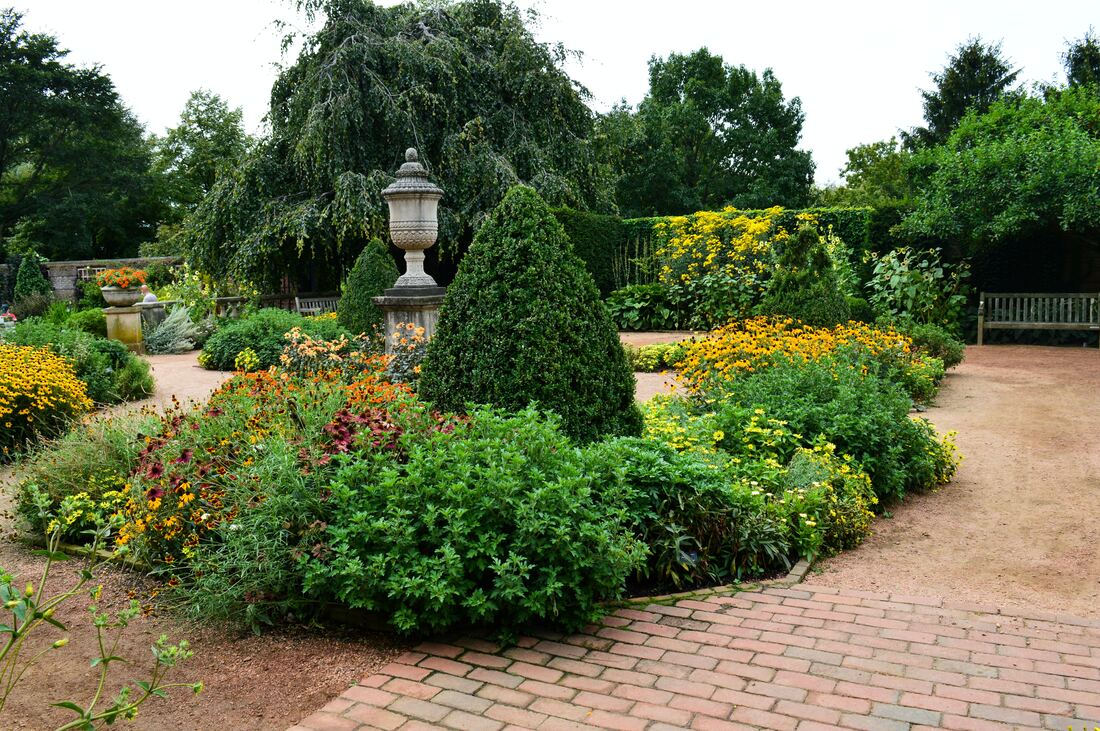|
Welcome to Red Mountain Landscaping's blog post on sustainable landscaping and eco-friendly practices for a greener garden. At Red Mountain Landscaping, we are committed to promoting environmentally conscious practices that not only enhance the beauty of your garden but also contribute to the overall well-being of our planet. In this article, we will explore various techniques and tips to help you create a sustainable garden that supports biodiversity, conserves water, and reduces the need for harmful chemicals.
Benefits of Sustainable Landscaping Sustainable landscaping goes beyond aesthetics; it plays a vital role in creating a harmonious relationship between nature and human habitation. By adopting eco-friendly practices in your garden, you can reap numerous benefits, including:
One of the fundamental principles of sustainable landscaping is selecting native plants for your garden. Native plants are well-adapted to the local climate and require minimal maintenance, making them an excellent choice for eco-friendly gardening. Here are some key benefits of incorporating native plants:
Efficient Water Usage Water scarcity is a significant concern in many regions, making efficient water usage a crucial aspect of sustainable landscaping. Here are some tips to help you conserve water in your garden:
Organic Fertilizers and Pest Control In sustainable landscaping, it's essential to minimize the use of synthetic fertilizers and pesticides that can harm the environment and pose risks to human health. Instead, opt for organic alternatives that provide nutrients and control pests naturally. Here's how you can maintain a healthy garden without relying on harmful chemicals:
Composting for Healthy Soil Healthy soil is the foundation of a thriving garden. Composting is a valuable technique that not only reduces waste but also nourishes the soil with organic matter. Here are the steps to create nutrient-rich compost:
Creating Wildlife Habitats Inviting wildlife into your garden is not only a delightful sight but also an essential part of sustainable landscaping. By creating habitats for birds, butterflies, and other beneficial insects, you contribute to the preservation of biodiversity and the natural balance of your ecosystem. Here are some tips to attract wildlife to your garden:
Frequently Asked Questions (FAQ) What is sustainable landscaping? Sustainable landscaping is an approach to gardening and landscape design that focuses on reducing environmental impact, conserving resources, and promoting biodiversity. It involves using eco-friendly practices, such as water conservation, organic fertilizers, native plants, and wildlife habitat creation. Why is sustainable landscaping important? Sustainable landscaping is important because it benefits both the environment and human well-being. It conserves water, reduces pollution, supports biodiversity, promotes healthier soil, and minimizes the use of harmful chemicals. By adopting sustainable practices, we can create beautiful gardens while minimizing our ecological footprint. How can I choose native plants for my garden? When selecting native plants for your garden, consider factors such as sunlight requirements, soil conditions, and plant hardiness zones. Research the native plants that are well-suited to your region and create a list of species that align with your garden goals. Consult with a professional landscape designer or nursery for expert advice on choosing native plants that thrive in your specific area. What are some eco-friendly watering techniques? Some eco-friendly watering techniques include installing a drip irrigation system, grouping plants with similar water needs, mulching garden beds, and harvesting rainwater. These practices help conserve water, minimize evaporation, and ensure efficient water usage in your garden. How can I attract wildlife to my garden? To attract wildlife to your garden, provide food sources such as native plants that produce nectar, fruits, and seeds. Install bird feeders and baths, include water features like ponds or birdbaths, create shelters such as birdhouses and brush piles, and avoid using chemical pesticides that can harm beneficial insects and birds. Conclusion Creating a sustainable and eco-friendly garden is a rewarding endeavor that benefits both you and the environment. At Red Mountain Landscaping, we are passionate about helping you achieve a greener garden through our expertise and commitment to sustainable landscaping practices. By implementing techniques such as choosing native plants, conserving water, using organic fertilizers, composting, and creating wildlife habitats, you can transform your garden into a thriving and environmentally conscious space. If you're ready to embark on your sustainable landscaping journey, contact us at Red Mountain Landscaping today. Our team of experts is here to assist you in creating a beautiful and eco-friendly garden that will be the envy of the neighborhood. Call us at 480-373-9312 or visit our website here to request a consultation. Let's work together to make your garden a haven of sustainability and natural beauty.
0 Comments
Your comment will be posted after it is approved.
Leave a Reply. |
John Durkin
|


 RSS Feed
RSS Feed